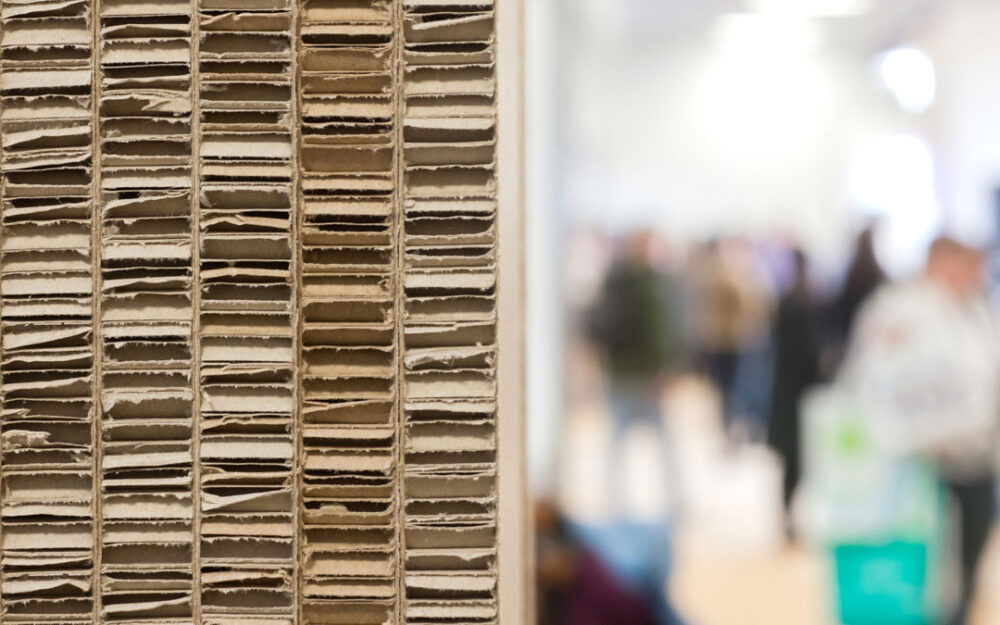Antalis recently announced its role as one of the founding members of the Self-Adhesive Industry Sustainability Action Group (SAISAG). Here, Antalis’ Director of Visual Communications, Chris Green, talks about the work Antalis has been doing to improve access to sustainable products, and why he sees collaboration across the industry as vital in finding solutions to some of the more complex sustainability issues.
As a leading supplier of visual communication products across the UK and Europe, Antalis has an ongoing programme of activity to improve the sustainability of its products and its business operations. In 2021 it launched its Manifesto for Sustainable Visual Communications, formalising and bringing together into a single framework the many aspects of its drive for greater sustainability, including responsible sourcing, helping customers identify eco-friendly products through its Green Star System™, and a team of sustainability specialists to offer advice on product selection.

By 2030, Antalis Visual Communications aims for 75% of its products sold to have a Green Star rating of three or more, which means the product, as a very minimum, is made from renewable or bio-based raw materials or offers a degree of recyclability. For an industry that traditionally has been heavily reliant on petroleum-based materials, it’s not an insignificant challenge. Because of their composite nature, self-adhesives are particularly challenging, which is why manufacturers, merchants, customers and recycling and waste management specialists have come together to form SAISAG.
According to Chris, sourcing new products with good sustainability credentials is becoming relatively easy – Antalis has been growing its range of polypropylene and fibrous products over recent years – the bigger challenge lies in understanding exactly what we all mean by sustainability: “There is a lot of misinformation out there, much of which can be attributed to differing interpretations of what sustainability actually means. One of the first things we’re looking to do at SAISAG is to clear up the confusion and create a definition that will help us to focus on what needs to be done.”
Chris continues: “We’ll be working to understand where the gaps are in the lifecycle of these products. End-of-life is one of the trickiest to pin down, so we need to make sure that recycling options are clear and accessible. It’s important to also recognise that there has to be a bit of pragmatism and accepting of imperfection because there isn’t yet a full suite of sustainable alternatives to all products. Saying that, though, each of us in the industry has a responsibility when sourcing products to first ask the question ‘Is there a more sustainable alternative?’”

It’s important to note that sustainable no longer equals more expensive: “We know that many printers operate on tight margins and often opt for products that they are familiar with,” says Chris, we need to be making sure that we’re providing the information and support to these businesses so they can make decisions that make both economic and environmental sense, and these days these two factors are rarely exclusive.”
To date, consumer demand has been behind much of the drive for change, but it’s likely that change will be driven by legislation, too. The Plastic Packaging Tax was introduced in 2022 and Chris suspects it’s only a matter of time before it’s extended to cover plastics more widely.
‘Dispelling myths, embracing learning and accepting imperfection’ was the title of Chris’ talk at the recent Ecoprint Virtual Summit at which Antalis was a headline partner: “The Ecoprint Virtual Summit was a great example of how we can bring individuals and businesses of all sizes together to discuss sustainability. I personally had lots of very positive conversations and it feels like there is a real impetus now to bring about change.”
Chris concludes: “Sustainability and the need for change is bigger than any of us can handle individually, and that’s why it’s so important to come together as an industry so we can tackle these challenges more cohesively and therefore more effectively. In addition to SAISAG, at Antalis we’re also working with other bodies, including POPAI, IPIA and FESPA, to improve sustainability across all areas of the industry. It’s all about communication and collaboration and to make it successful we need everyone working in this industry, at whatever level, to be involved.”

Publisher of Hospitality and Leisure News, 365 Retail, Retail Source and organiser of the Creative Retail Awards.








